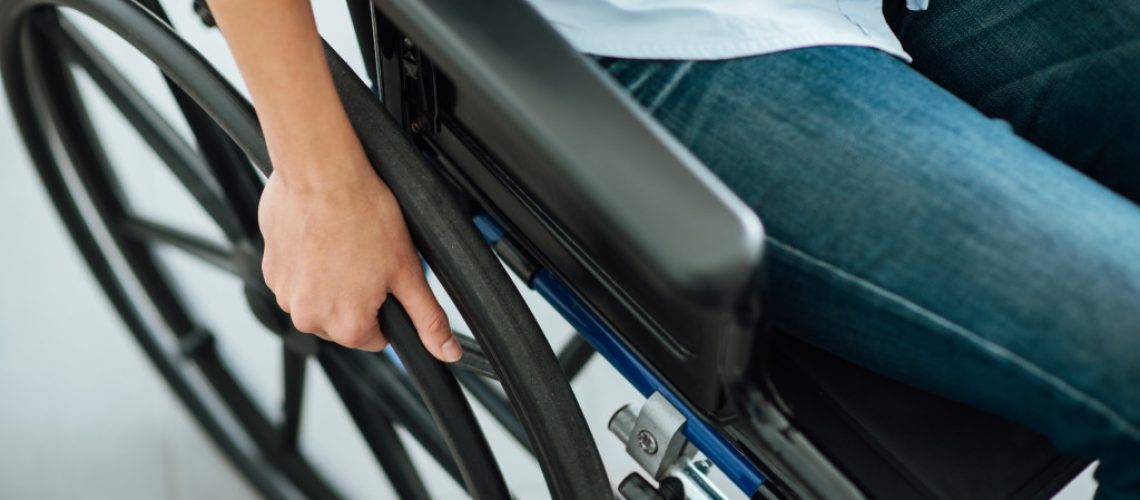People with disabilities or special needs comprise 18% of the consumer population in America. This equals to over 50 million people having a certain type of disability or special needs. According to the US Department of Labor, this population segment has a discretionary spending power of around $175 billion, which means that they are a population that no business should overlook or take for granted.
Serving people with disabilities and special needs is good for business. Other than that, businesses are also required to serve this population without prejudice. Under the Equality Act 2010 or the American Disabilities Act (ADA), businesses are obliged by law to never discriminate against this population segment and make reasonable adjustments to accommodate them.
Below are some of the accessibility requirements set by law that businesses should follow so that they can cater to customers who have any disability.
Handicap Ramps
An inclined plane installed instead of or as an addition to stairs is a great way to provide access to people with disabilities, especially to those who use a wheelchair. Handicap ramps or wheelchair ramps allow people with disabilities to easily get inside business establishments without the need to go through a set of stairs.
Businesses that have these ramps not only allow customers to maneuver their way easily into the stores but also allow employees with disabilities to go to and from the business establishment with less hassle. Wheelchair ramps are also beneficial to people carrying heavy items, as these fixtures allow them to carry and transport items to and from the store safely.
Lifts
Elevators and wheelchair lifts allow disabled people to go up and down business establishments with ease. These technologies are especially essential for commercial establishments with more than two or more floor levels. These systems allow people with disabilities to transact within the commercial establishments independently. This means that they may not need to ask help from companions just so that they can go inside a store or any commercial establishment. With these systems, they can receive the same service given to non-disabled individuals.
Disability Signs
These signs help people with disabilities to know that they have easy access to particular areas in a building. Disability signs also mean that people with any disability are welcome in those establishments and that they may expect the same type of service given to able individuals. Disability signs give people a signal that everybody is equal and no one is left out or discriminated against.
Parking Spaces

Businesses are required by law to provide parking spaces meant especially for people with disabilities. Such parking spaces often have signage that indicates people with disabilities are given priority to park on those spaces.
Toilets
These are among the most important things that businesses should consider when catering to people with special needs and disabilities. Toilets for disabled persons are often built with handles or grab bars that allow them to easily use the toilet without much help from other people. These toilets are also built with a wheelchair width door to allow people on wheelchairs easy access. Moreover, they often have wheelchair-height sinks.
Wheelchair-friendly Entrance
The size of the entryway of a business establishment is also essential to accommodate people with disabilities. For businesses to not miss valuable customers, they should design their entryways that exude friendliness to all types of customers. A bigger entrance door that allows access to wheelchairs is highly essential apart from having ramps.
Types of Disabilities and Special Needs Protected by Law
Anyone can suffer from disabilities and may require some assistance. Some disabilities may be readily noticeable, but others are hidden. Some disabilities are permanent, and other conditions are temporary or happen only at certain times. Some disabilities become apparent at birth, while others develop as a result of accidents or injuries.
Whatever type of disability or special need a person is going through, the law protects and provides provisions so that businesses will give proper assistance and due service. Some common forms of disabilities that people protected by the Equality Act of 2020 suffer include learning disability, hearing disability, intellectual disability, mental disability, vision impairment and/or blindness, and speech disability.
Every business should have the proper equipment and processes to ensure that all customers are given equal service and attention. Each business should also have an emergency plan set in place in case untoward circumstances, such as fires and accidents, occur. All emergency plans should include the needs of people with special needs and disabilities. This way, injuries and legal damages can be avoided.

